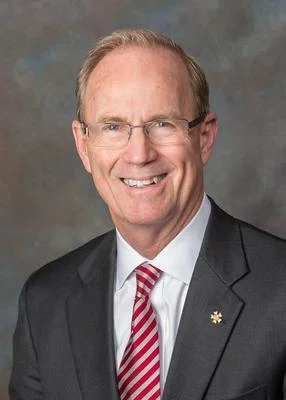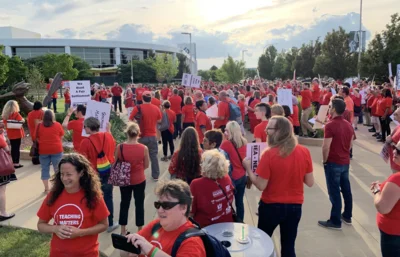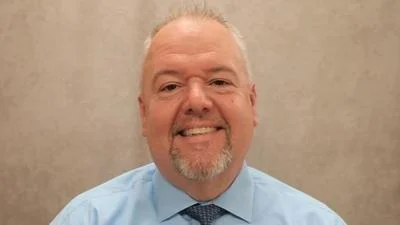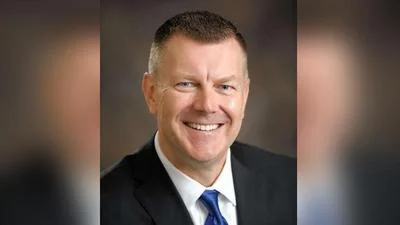Oprah Winfrey (center)
Oprah Winfrey (center)
Sept. 3, 1926 — Cook County. A murder charge snares gangster Harry "Lefty" Lewis. Though nicknamed Lefty, Lewis could have been called “The Enforcer,” as he and a band of thugs attacked junkmen who refused to go union, the book “Crime and Punishment in American History” states. The charge might have sent Lewis to trial, and “with overwhelming evidence of his guilt,” but the website The People History states an acquittal was swiftly rendered once a six-hour deliberation wrapped up — possibly with jurors dissuaded from convicting by threats of violence.
Sept. 4, 1850 — Chicago. Lake Street receives the city’s first gas-powered street lamps. A post on the Chicago Public Library’s website states the lights were a “social revolution.” The Chicago Tribune called them “brilliant torches” that “flamed on both sides of Lake Street,” but the library’s post gave a more earth-bound description: “distinctly yellow and not very bright.” Gone were oil lamps and candles, and this brave new invention ushered in the era of round-the-clock business activity, the library states.
Sept. 5, 1960 — DuQuoin. Driver A.J. Foyt crosses the finish line in his first of 67 championship victories. The venue for this groundbreaking win was the Illinois State Fair and the event was the Ted Horn Memorial, the Eastern Motorsport Press Association (EMPA) website states. After this initiation into championship wins, Foyt went onto become the first person to win the Indy 500 four times, becoming “arguably the greatest oval-track open-wheel racecar driver in history,” as the EMPA tells it.

Sen. Everett M. Dirksen
Sept. 6, 1860 — Cedarville. Political activist Jane Addams was born. As an adult, Addams visited Europe and was inspired to help with social reform. Soon after, she launched Hull House in Chicago, the Library of Congress website states. Earning a 1931 Nobel Prize for its founder, Hull House provided relief to the city’s poor, immigrant community, offering courses, boarding rooms, day care and opportunities to unionize.
Sept. 7, 1969 — Pekin. GOP Sen. Everett M. Dirksen passed away at 83. After serving in World War I, Dirksen carved a steady path in politics, becoming finance commissioner in his hometown by 1922, a Congressional biography states. After serving 16 years as a Republican in the U.S. House of Representatives, Dirksen was elected to four terms in the U.S. Senate, serving until his death.
Sept. 8, 1986 — Chicago. Talk show host Oprah Winfrey takes her local show to its first nationwide broadcast. Is Winfrey the most influential woman in America? Her History.com biography says so, based largely on the success of her daily broadcast, which reached nearly 50 million viewers each week by the time it ended a quarter-century later. The local version of her show dethroned rival Phil Donahue in the ratings, the biography says. Along the way were film roles, an Oscar nod, voiceover work and movie production, and later, her own network.
Sept. 9, 1836 — Springfield. Future president Abraham Lincoln becomes a newly minted attorney. In pre-Civil War days, there were no real law schools, the Office of the Illinois Secretary of States claims on its website. But Lincoln had apprenticed under experienced lawyer John Todd Stuart until earning his bona fides. He earned a spot on this of “most successful attorneys” before the War Between the States, primarily because he stuck with general cases (5,600 of them) and refused to specialize, the Secretary of State’s website states. He even traveled from city to city to try cases.






 Alerts Sign-up
Alerts Sign-up